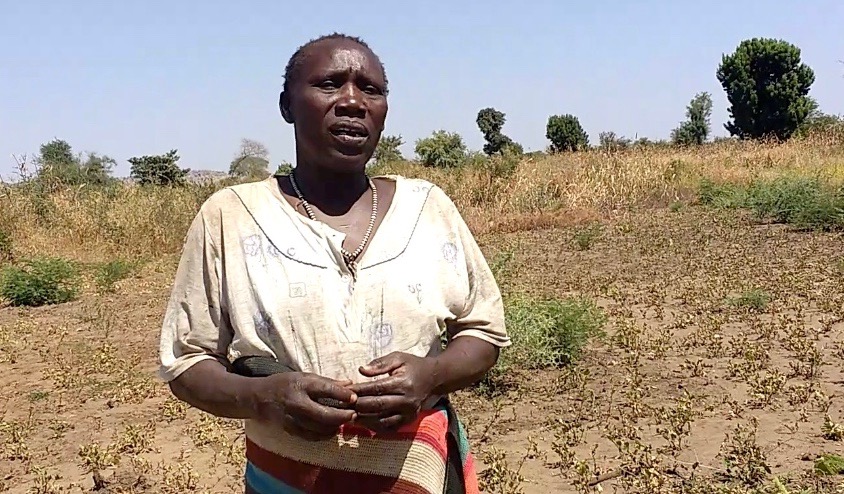SUDAN INSIDER |
This news summary is part of our Sudan Insider, a monthly newsletter providing
news and analysis on Sudan’s biggest stories.
Subscribe here to receive the Sudan Insider in your inbox.
…………………………………………………………………………………………………………..
Ceasefire aside, intermittent conflict and hunger persist in Two Areas
Although President Omar Al-Bashir announced a ceasefire extension to all three conflict areas until October, sporadic conflict and hunger still plague the Two Areas: South Kordofan and Blue Nile states. The local human rights organization Sudan Democracy First Group cite 15 incidents in April and May of the pro-government militia Popular Defence Force and Sudan Armed Forces (SAF) soldiers looting villages in Delami and Heiban counties in South Kordofan.
According to the South Kordofan-Blue Nile Coordination Unit and the Famine Early Warning System, two organizations that monitor food security and displacement, hunger levels in the Nuba Mountains has reached critical levels and is expected to deteriorate further in the months ahead. Substantial numbers of households in South Kordofan are relying entirely on wild foods or compelled to relocate to refugee camps or government-controlled areas in search of sustenance.
In Blue Nile, intermittent fighting between two different factions in the SPLM-N has taken place since May 22 violence erupted in Doro refugee camp inSouth Sudan’s Maban County. The conflict over the SPLM-N leadership continues in Blue Nile, with at least five incidents in what appears to be tit-for-tat conflicts between those who support the disputed SPLM-N Chairman Malik Agar and others favoring the former deputy SPLM-N chairman, Abdelaziz Hilu.
Qualitative reports from Blue Nile suggest that less than 50 percent of households have food stocks remaining at the end of April, and many must depend on foraging for wild food or relocation for survival, the Coordination Unit said.
What it means…
In addition to raids by government forces in South Kordofan State, inter-community conflict continues to block market activity – blocking critical supplies to civilians living in the rebel-controlled areas. The poor harvests and limited trade routes have driven up food prices even higher, with an estimated 20% increase since last year in sorghum prices, a staple crop for the region.
Early, heavy rains have also affected accessibility to markets in the Nuba Mountains and have affected livestock, killing hundreds in May and early June, local government sources said. At the same time, the unseasonal rains have assisted in replenishing vital water points, the same sources said.
Blue Nile is also affected by limited market availability. Three of the main markets in Blue Nile had no staple food crops at all during a May assessment by the South Kordofan-Blue Nile Coordination Unit. With roughly a quarter of the Blue Nile population displaced, civilians have increasingly relied on market and trade over farming recently – affecting supplies even further.
The in-fighting in Blue Nile and Maban refugee camp has taken tribal dimensions, with scattered reports coming in of civilians being targeted. According to the Sudan Relief and Rehabilitation Agency, some people have been relocated from Bailila Mayak area in Blue Nile State to Batel refugee camp in Maban for safety after an armed group raided the area.





